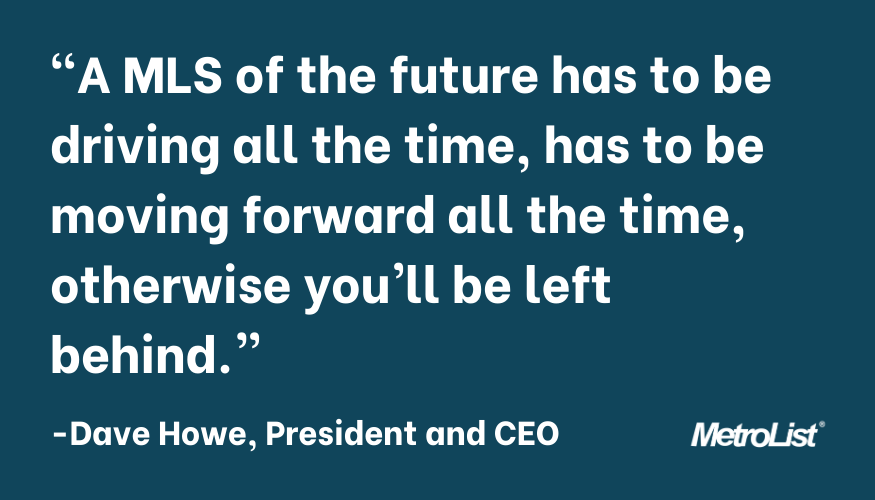Brokerage Models Under Pressure: Reinventing for a New Era
The real estate brokerage model is at an inflection point. Consumer expectations, legal scrutiny, and shifting market dynamics are accelerating pressure on commissions and brokerage profitability. In response, brokerages must reassess their approach, adapt their business models, and innovate to remain competitive in a rapidly changing landscape.
This is the third blog in a series, where we unpack a major theme from T3 Sixty’s Real Estate Opportunity Report. Our analysis of the 2025 T3 Sixty report reveals that the brokerage model needs to redefine its role in the market to strengthen its value for consumers.
The Traditional Real Estate Brokerage Model Faces Increasing Pressure
For years, brokerages have operated under the traditional commission-based model, but this approach is being challenged on multiple fronts. Legal actions and evolving consumer preferences have driven commissions downward while rising operational costs continue to squeeze already thin margins. Brokerages relying solely on transaction-based revenue are finding it increasingly difficult to maintain profitability.

At the same time, high agent turnover and the shift towards cloud-based operations continue to reshape the industry. While digital-first brokerage models reduce overhead, they also create challenges in maintaining a strong culture and sense of community among agents. Differentiation becomes more complex as real estate teams and consumer-facing portals blur the lines between brokerage and technology platforms.
Opportunity: A New Path Forward
To stay ahead of the competition, brokerages must go beyond traditional revenue models and adopt a more diversified, service-focused approach. Success in the brokerage industry requires enhancing the experience for clients by embracing technology and expanding income sources beyond commissions. Key opportunities include:
- Expanding Revenue Streams: Brokerages can no longer sustain themselves by relying on sales commissions alone. By offering services like mortgages, title assistance, insurance options or property management, they can establish sources of revenue and strengthen their client relationships.
- Rethinking Compensation Structures: Industry stakeholders are exploring compensation models that better align with changing regulations and evolving consumer preferences. This includes fee-tiered services or even compensation models specifically tailored towards buyers’ needs.
- Investing in Technology: Upgraded agent management packages that include automated workflows, and digital consumer tools can increase efficiency and drive profitability. Lean, tech-driven operations drive sustained growth.
Enhancing Premium Service Offerings: Introducing concierge-style services or high-touch client packages can create differentiation and allow brokerages to serve multiple market segments effectively (such as relocation services for corporate clients).
Adapting to Market Changes: Brokerages must be proactive in navigating legal settlements and regulatory shifts, using these changes as an opportunity to refine their value proposition and develop new buyer tools.
MetroList Paves the Road Ahead
The industry is experiencing an evolutionary moment and the brokerages that emerge with market share will surely be leveraging new technology and creatively rethinking their models. While established firms still maintain brand strength and financial resources, survival in this evolving market requires adaptability and innovation. The brokerages that thrive will act decisively to streamline operations, rethink revenue streams, and leverage technology to meet the needs of modern consumers and savvy agents.

In a business where relationships and trust remain paramount, brokerages that can successfully balance technology, service expansion, and a strong value proposition will emerge stronger in the years ahead. The next five years will determine which firms evolve—and which are left behind.
Stay updated with insights and strategies from MetroList as we review the T3 Sixty Real Estate Opportunity Report in future blogs. Our next evaluation will be released in a couple of weeks! If you have not already, be sure to visit previous blogs that we wrote to understand the depth of the T3 Sixty Report.
